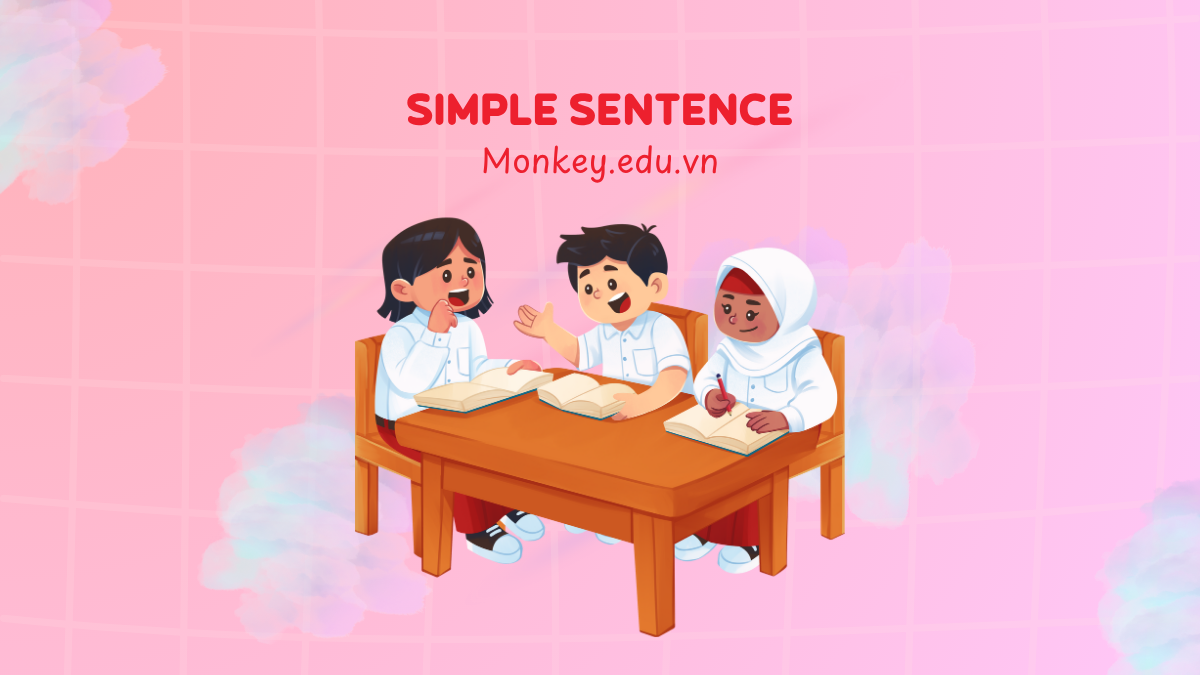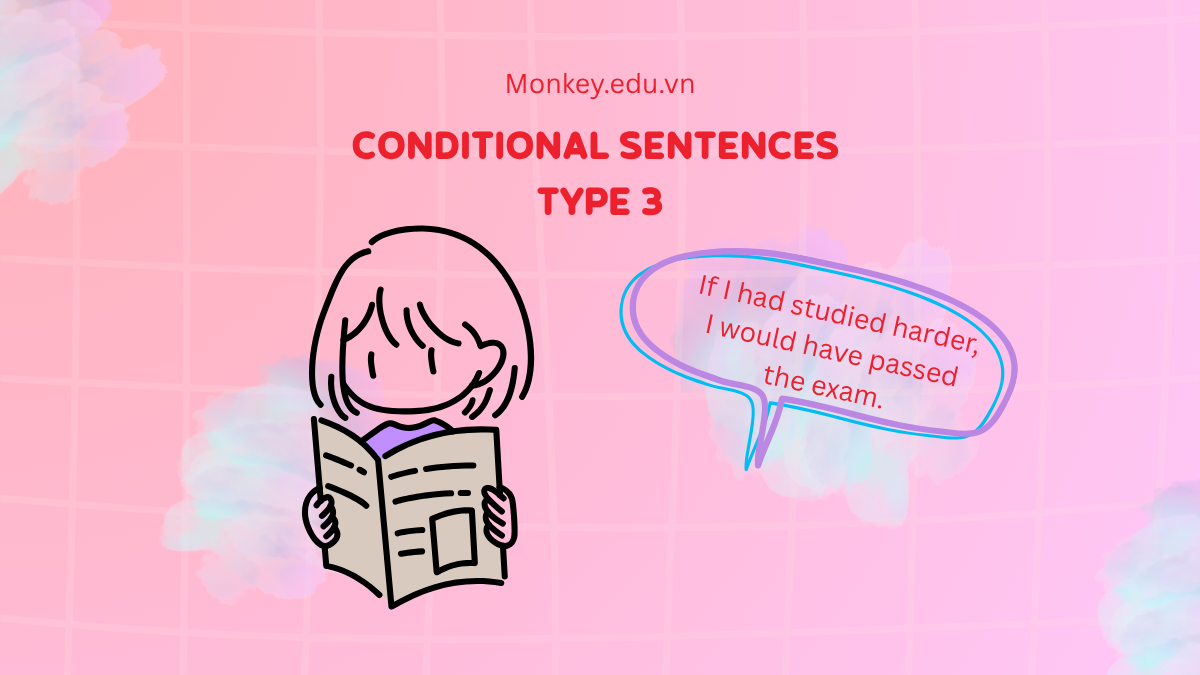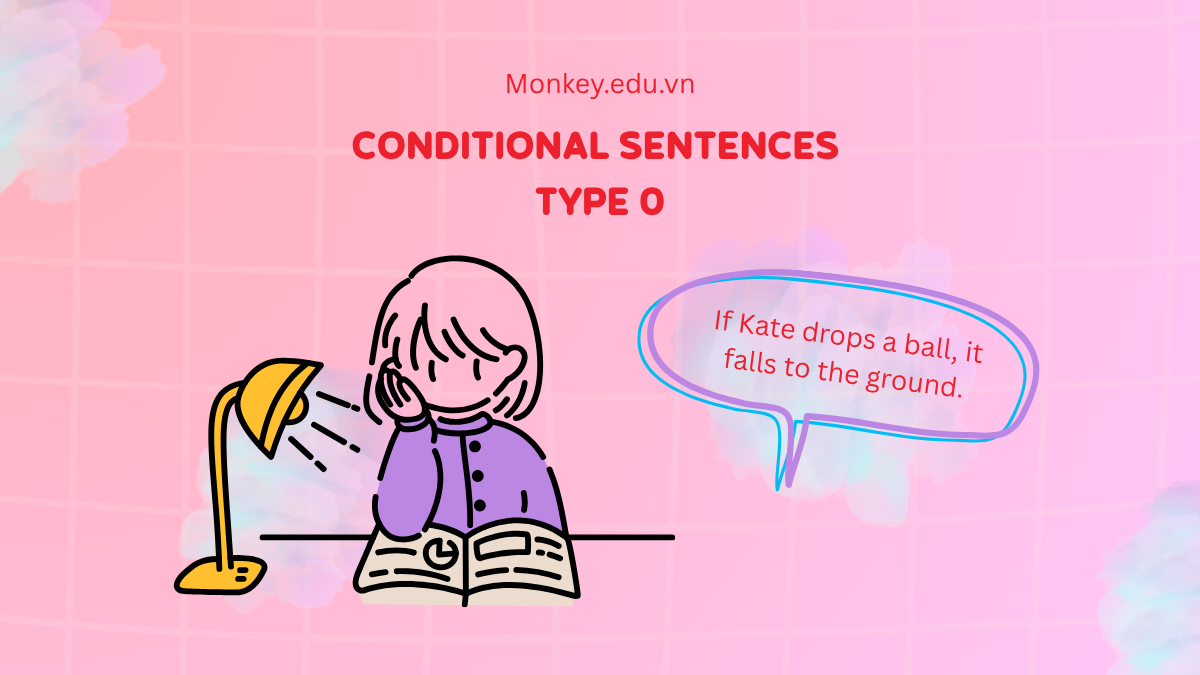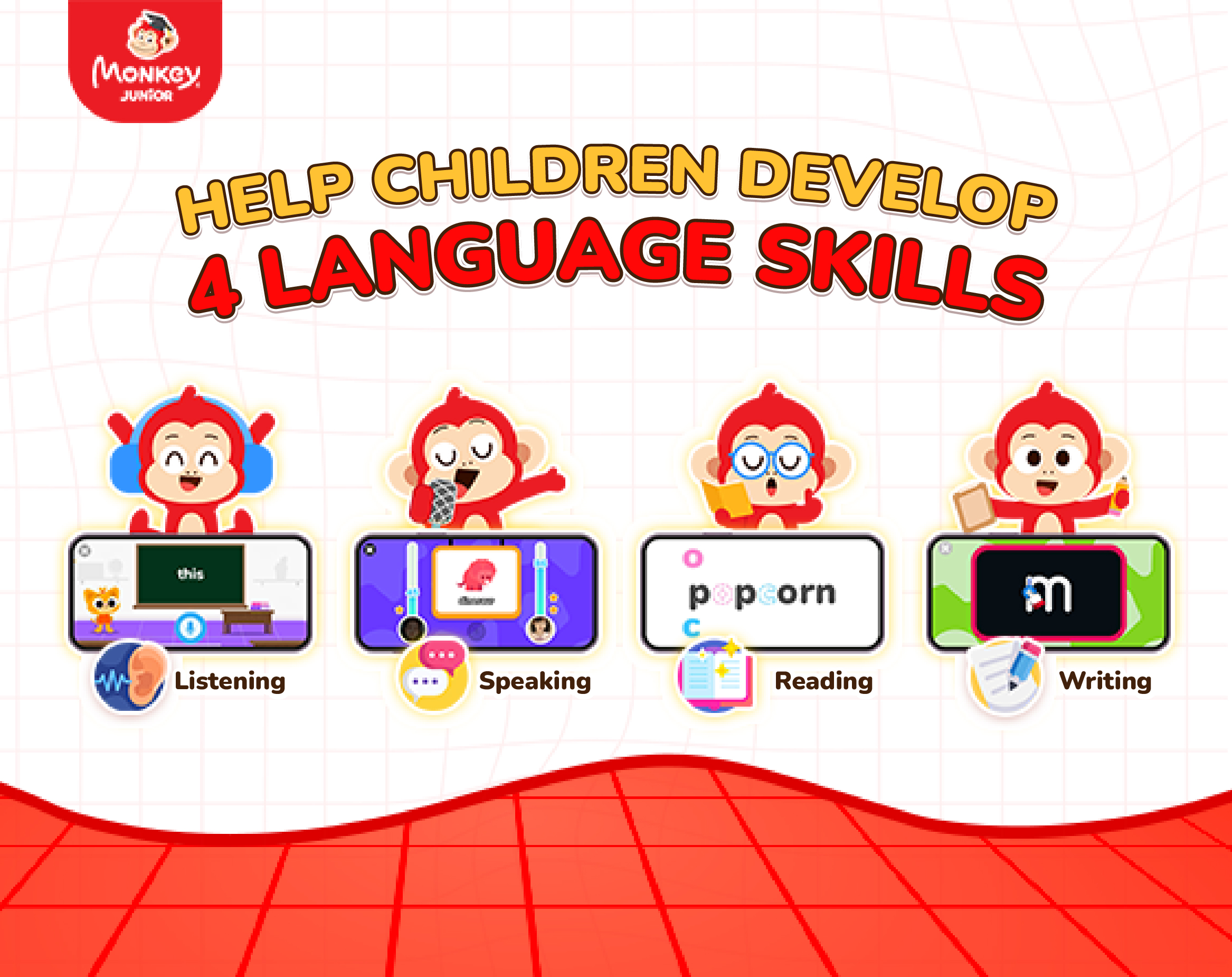Understanding verbs in English is essential for building strong language skills. Verbs are words that describe actions, states, or conditions of a subject, making them a crucial part of any sentence. Without verbs, a sentence cannot be complete or meaningful.
What are Verbs in English?
A verb in English is a word that expresses an action, a state, or an occurrence related to the subject. Verbs are necessary for forming complete sentences and conveying meaning.
Examples:
-
My sister writes an email every morning.
-
Mary eats breakfast with cereal every day.
-
She is a teacher at her university.
-
They have a beautiful house in New York.
-
My mother knows the answer.
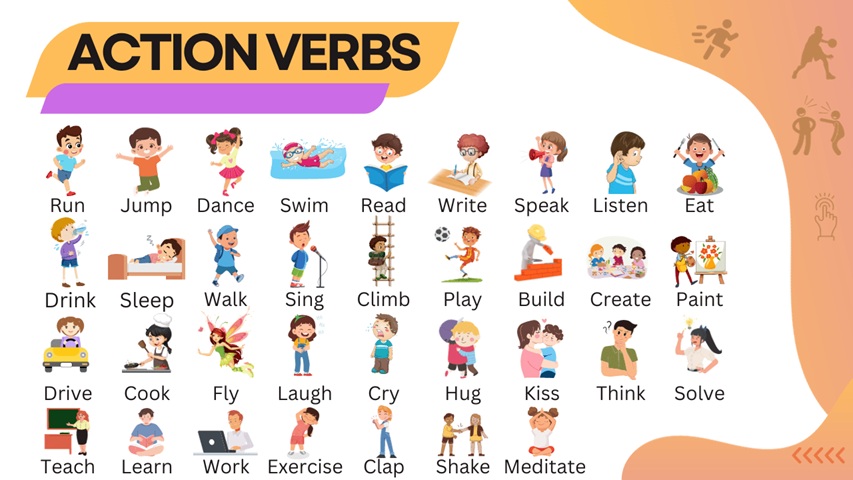
Types of Verbs in English
Verbs in English can be divided into several categories. Understanding these types helps children use verbs correctly.
1. To Be Verbs
“To be” verbs describe states, existence, or identity. They are simple but essential in English.
|
Verb |
Example Sentence |
|
am |
I am a student. |
|
is |
She is happy today. |
|
are |
They are playing in the park. |
2. Regular (Action) Verbs
Regular verbs show actions someone or something does.
|
Verb |
Example Sentence |
|
listen |
Huy listens to music in his free time. |
|
work |
Loan works until 8 pm every day. |
|
play |
The children play football after school. |
3. Auxiliary Verbs
Auxiliary verbs help main verbs show tense, questions, or negation.
|
Verb |
Example Sentence |
|
do |
I don’t like coffee. |
|
have |
We have just woken up. |
|
does |
She does her homework every day. |
4. Modal Verbs
Modal verbs express ability, possibility, necessity, or permission.
|
Verb |
Example Sentence |
|
can |
I can play football. |
|
should |
You should go to bed earlier. |
|
must |
We must finish homework today. |
5. Linking Verbs
Linking verbs connect the subject to a state, feeling, or description instead of an action.
|
Verb |
Example Sentence |
|
look |
She looks happy today. |
|
become |
He became a teacher last year. |
|
seem |
The task seems easy. |
Transitive vs. Intransitive Verbs
Some verbs need an object, while others do not. Knowing the difference helps children use verbs correctly in sentences.
|
Type |
Description |
Examples |
|
Intransitive |
Does not need an object |
He is dancing. / She grew up in a small town. |
|
Transitive |
Needs an object |
My sister makes cakes every Sunday. / My brother bought a new phone yesterday. |
Active vs. Stative Verbs
Verbs can show actions or states. Understanding this distinction helps children describe actions, feelings, or possessions clearly.
|
Type |
Description |
Examples |
|
Active Verbs |
Describe physical actions |
He is playing basketball. / My dog runs and wags his tail. |
|
Stative Verbs |
Describe feelings, thoughts, or possession |
I love reading. / This dish tastes delicious. / My family has a garden. |
Note: Some verbs can be both active and stative depending on context: think, feel, have, see, taste, look, appear, stay, expect.
Common Verb Phrases in English
Verb phrases combine a verb with prepositions or adverbs to form new meanings, which are very common in daily English.
|
Verb Phrase |
Meaning |
Example |
|
Ask for |
Request something |
He decided to ask for help. |
|
Give up |
Stop trying |
She gave up trying to convince him. |
|
Try on |
Wear to check |
I want to try on this jacket. |
|
Look up |
Search |
I will look up the restaurant’s hours. |
|
Run away |
Escape |
The cat ran away when it saw the dog. |
Learn Verbs in English with Monkey Junior
Learning verbs in English can be challenging for children, but Monkey Junior makes it simple and fun. Designed for kids aged 0–11, this app helps children understand, remember, and use verbs naturally through interactive lessons, games, and colorful illustrations. Children see verbs in action, hear them pronounced by native speakers, and practice them in context, making learning enjoyable and effective.
Monkey Junior offers a structured learning system with thousands of lessons and example sentences, gradually introducing simple action verbs, linking verbs, and modal verbs. Children can practice verbs repeatedly through games, quizzes, and songs, which helps them retain knowledge and apply it in daily conversation. The app also evaluates pronunciation, giving children feedback so they can speak clearly and confidently.
Using Monkey Junior, children not only expand their vocabulary and improve their grammar, but also build confidence in using English in real-life situations. With just 10–15 minutes of daily practice, children can develop strong English skills without feeling pressured. Learning verbs becomes a playful adventure rather than a chore, keeping children engaged and motivated.
Parents who want their children to master verbs in English early can rely on Monkey Junior to provide a safe, structured, and fun environment. Sign up for a free trial today and give your child the opportunity to learn English verbs naturally, confidently, and joyfully with Monkey Junior.
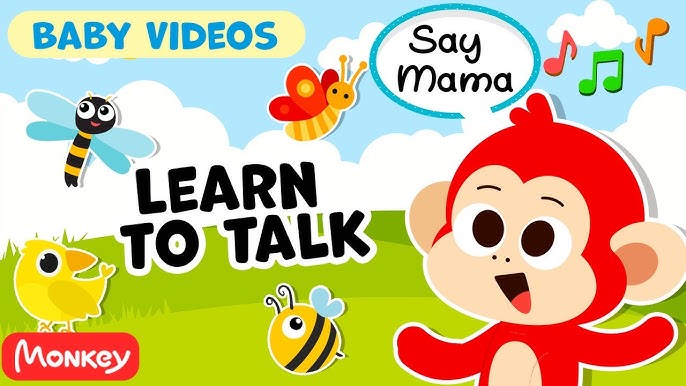
Exercises to Practice Verbs in English
Practicing verbs in English helps children remember them better and use them confidently in sentences. Try to answer these exercises first, then check the answers at the end.
1. Identify the Type of Verb
Determine if the verb in each sentence is Transitive (T), Intransitive (I), or Linking (L):
-
She sleeps eight hours every night.
-
He kicked the ball very hard.
-
The soup tastes delicious.
-
They built a new school in my town.
-
The baby cried loudly.
-
She became a teacher in 2010.
-
I play football every weekend.
-
He looked tired after the game.
-
The cat runs quickly.
-
We watched a movie last night.
-
My dog barked at the stranger.
-
The flowers smell wonderful.
-
He went to the park yesterday.
-
She stayed calm during the test.
-
The sun rises in the east.
2. Choose the Correct Verb
Fill in the blanks with the correct verb:
-
Please ___ (raise / rise) your hand if you have a question.
-
The sun ___ (raises / rises) in the east.
-
She ___ (lays / lies) on the sofa to take a rest.
-
He ___ (laid / lied) the book on the table.
-
I can’t ___ (remember / remind) his name.
-
Could you ___ (remember / remind) me to call Anna?
-
She often ___ (borrows / lends) books from the library.
-
Can you ___ (borrow / lend) me some money?
-
The boy tried to ___ (avoid / prevent) doing his homework.
-
They want to ___ (prevent / avoid) accidents on the road.
3. Correct the Errors
Find and correct the mistakes in these sentences:
-
He don’t like coffee.
-
We enjoyed to watch the football match last night.
-
She suggested go to the cinema.
-
If I will see him, I’ll tell him the news.
-
He is interesting in learning English.
-
I look forward to meet you soon.
-
They are used to get up early.
-
He said me that he was busy.
-
This exercise is more easy than that one.
-
She can sings very well.
4. Multiple Choice Verbs
Choose the correct verb to complete the sentences:
1. He ___ to the cinema yesterday.
A. goes B. went C. gone D. going
2. They ___ in Hanoi since 2010.
A. live B. lived C. have lived D. are living
3. Look! The children ___ football in the yard.
A. play B. played C. are playing D. plays
4. She ___ her homework before dinner last night.
A. finishes B. finished C. has finished D. finishing
5. If it ___ tomorrow, we’ll stay at home.
A. rains B. rained C. is raining D. rain
6. The letter ___ already.
A. sends B. sent C. is sending D. has been sent
7. He used to ___ in a small village.
A. live B. lives C. lived D. living
8. Would you mind ___ the door?
A. open B. opening C. to open D. opened
9. They suggested ___ to the park.
A. go B. to go C. going D. gone
10. She let me ___ her car yesterday.
A. drive B. driving C. to drive D. drove
Answer Key:
1. Identify the Type of Verb
1.I 2. T 3. L 4. T 5. I 6. L 7. T 8. L 9. I 10. T 11. T 12. L 13. I 14. I 15. I
2. Choose the Correct Verb
1. raise 2. rises 3. lies 4. laid 5. remember 6. remind 7. borrows 8. lend 9. avoid 10. prevent
3. Correct the Errors
-
don’t → doesn’t
-
to watch → watching
-
go → going
-
will see → see
-
interesting → interested
-
meet → meeting
-
get up → getting up
-
said me → told me
-
more easy → easier
-
can sings → can sing
4. Multiple Choice Verbs
-
B – went
-
C – have lived
-
C – are playing
-
B – finished
-
A – rains
-
D – has been sent
-
A – live
-
B – opening
-
C – going
-
A – drive
Conclusion
Understanding verbs in English is crucial for building sentences and communication skills. By learning types of verbs, practicing exercises, and using interactive apps like Monkey Junior, children can improve their English confidently and enjoyably. Start exploring verbs today to give your child a strong foundation in English!



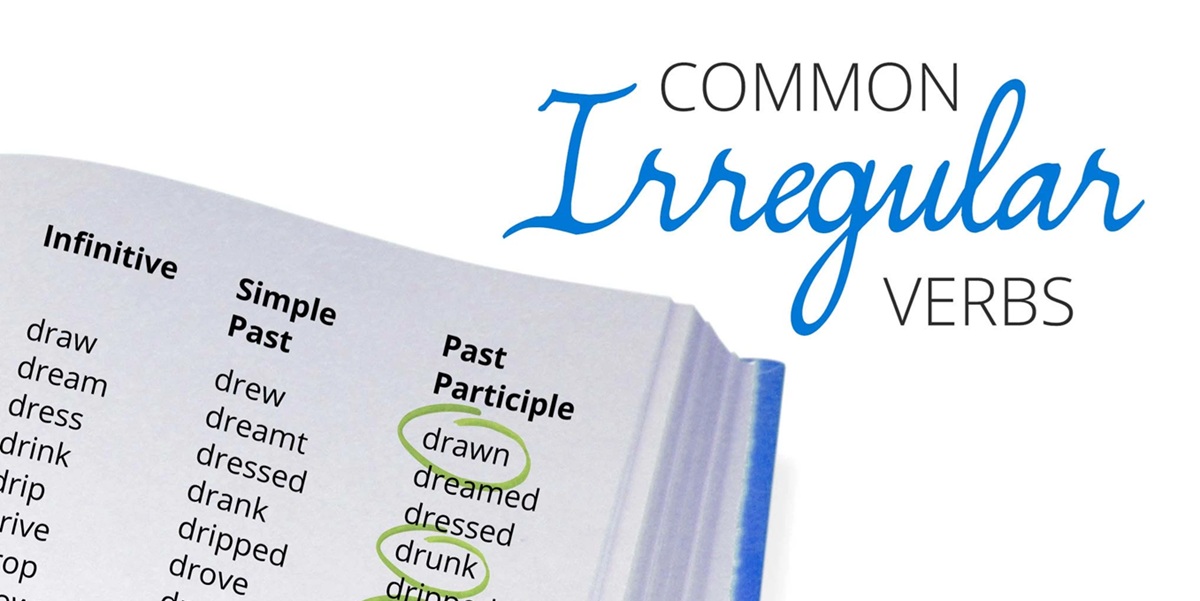
.png)


